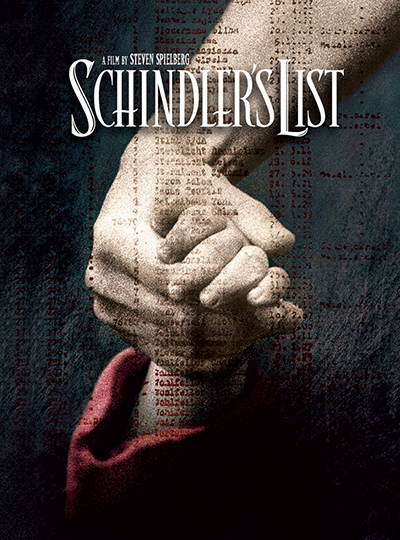Schindler’s List
- 7 May 2016
- This movie is timeless for reasons good and bad.

I saw Schindler’s List for the first time in high school, during a history class, and for the second time eight years ago. I started watching it again late on Thursday, after I learned that Israel was commemorating Holocaust Memorial Day. I was surprised by how much of the movie that I had either forgotten or failed to notice in the past. I remembered the story progression and the lead actors, but I was watching it with observant eyes for the first time.
Liam Neeson, Ben Kingsley, and Ralph Fiennes are excellent in their roles, which respectively call for compassion, diligence, and treachery. Fiennes is especially memorable as Goeth, though I hadn’t expected him to use an accent like Peter Sellers’s portrayal as Dr Strangelove. The only part that I don’t like is Neeson’s hammy acting when Schindler regrets not selling his last possessions; he should’ve been more low-key.
The cinematography is gorgeous, the theme is unforgettable, and, to me, the chaos is moving. Stephen Spielberg’s 1993 opus is a mirror image of Adolf Hitler’s 1925 opus: like a reflection, Schindler’s List is connected to and opposite of Mein Kampf, which is now available in Germany as a scholarly annotated re-print. These related works are sobering reminders that man and his constructs can be more destructive than anything on this planet.